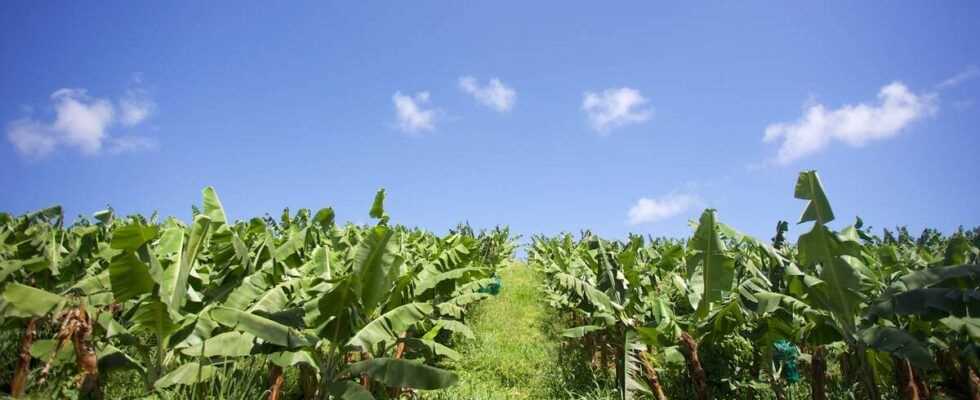The announcement was made a month ago, in an attempt to extinguish the social blaze in the West Indies. There it is. According to a decree published this Wednesday in the Official Journal, prostate cancer linked to exposure to chlordecone, a pesticide widely used for decades in the banana plantations of Guadeloupe and Martinique, are now recognized as an occupational disease.
Chlordecone was authorized between 1972 and 1993 in the banana plantations of the Antilles and infiltrated the soils for hundreds of years, polluting water and agricultural production, while its toxicity and its persistent power in the environment had been known since the 1960s. More than 90% of the adult population in Guadeloupe and Martinique is currently contaminated with chlordecone, according to Public Health France.
This measure, intended to facilitate compensation for victims, is part of a series of actions carried out by the State in this extremely sensitive issue for years in the West Indies and described as “Environmental scandal” by President Emmanuel Macron. It opens to the farmers concerned a fund created in 2020 and intended to compensate people with diseases linked to pesticides.
Have worked for at least ten years in contact with the pesticide
In detail, all farmers or agricultural employees will be able to apply for this status on two conditions: that they have worked for at least ten years in contact with chlordecone, and that less than forty years have elapsed between their last exposure and the diagnosis of Prostate cancer. Those are the “Generally accepted durations for this type of cancer”, we advance to the Ministry of Agriculture. People exposed under ten years old will still be able to make a request at the level of a regional commission, he said.
“It is important that a decree be published but we wonder about the exposure time and the time taken to take charge of [après l’exposition] which will be decided. It is not the same if we say that it takes ten or twenty years of exposure to be taken care of ”, commented to Release Antoine Lambert, president of the association to help victims of pesticides Phyto-Victimes, when the decree was announced. His association, as well as the association of accident victims of life, the Confédération Paysanne, the Rural Coordination, as well as Unsa, the CGT, the CFDT and FO then pleaded for an exposure period of five years and a period of assumption of 40 years.
The government has refrained from estimating how many people could be affected by this compensation. He also did not advance on the total amount. “It will depend on the number of files that will be filed, we cannot prejudge the number of victims upstream ”, explains the ministry, specifying that the decree also made it possible to compensate the children exposed during a pregnancy. At the individual level, compensation would represent between 1,000 and 19,000 euros per year for a farmer, according to estimates by the Ministry of Agriculture.
